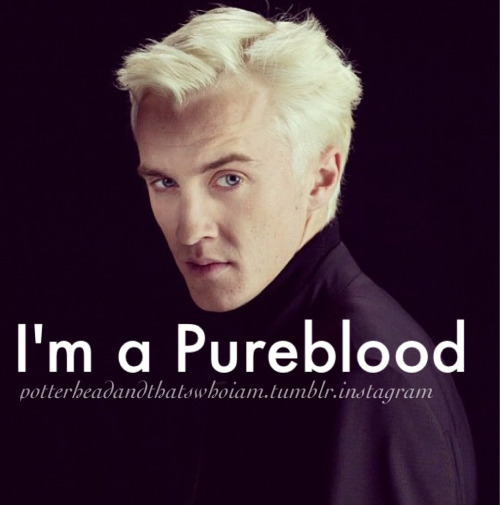 |
| Image Source. |
One of my co-workers approached me yesterday and asked for some help making an English dialogue for a first year English class. The topic of the lesson was blood-types. She gave me the textbook to read. It detailed the way Japanese people like to judge a person's personality based on their blood type (A, B, AB, or O). The idea is that certain personality traits occur commonly in different blood types. She asked me what my blood type was and was surprised when I didn't know. The textbook explained Japan's interest in blood types as an innocuous pastime that Japanese people used as a conversation starter. But part of me couldn't help feeling a sense of suspicion of the origins of this obsession.
Since then, I haven't been able to get the conversation off my mind and did some further research. The wikipedia article did nothing to alleviate my niggling concern and neither did this news article. It seems the interest is rooted in a not-so-innocuous history.
 |
| Image Source. |
A series of best-selling books are released annually in Japan. They are tailored lifestyle guides for people of each blood type. They tell you what to eat, how to exercise, and who to date. The books were released under a pseudonym but reports suggest the origin of these lifestyle guides is not based in scientific research (and the fact that they were published anonymously does little to encourage my faith in the "truth" that these books represent). After looking at excerpts from each book, it seemed to me that some aspects of each book contained the same information essentially repackaged four different ways anyway.
 |
| Image Source. |
Despite the lack of science-based research to support the findings of these books, the Japanese people continue to believe in the power of blood-types to determine one's personality. That DNA affects the one aspect of a human being that I (foolishly?) thought was the last stronghold of self-determination. Dating websites and matchmakers in Japan like to match clients based on the compatibility of their blood-types. Japanese singles will turn down prospective dates based solely on their blood type. Pop stars are profiled online and their blood type is listed as important information. Anime characters are assigned a blood-type based on their personality. Employers in Japan have been known (despite attempts to educate them against discrimination) to ask for job applicants' blood status and reject those of an unsavoury blood-type, which is usually "B." This is called bura-hara ("blood type harassment"). B-types are thought to be unpredictable and unreliable renegades. The prime minister of Japan once apologised for his handling of the March 2011 crisis, explaining that as a "B" blood-type he was prone to irrational behaviour.
The fact is, modern scientists dismiss the "blood-type = certain personality traits" argument as complete nonsense. The origins of this obsession comes from research conducted in the early 1900s. The researchers in Japan were trying to find a link between blood types and the breeding of elite soldiers for the Japanese army. I would like to point out that the researchers lacked credentials and the research pool consisted of merely 10-20 people. Originally, the study hoped to draw conclusions about the tendencies of certain races based on the prevalence of their blood type. The research concluded that Taiwanese people were "cruel" and "rebellious" due to the high percentage of people with blood type "O." The study was quickly refuted by genetic experts for its unscientific basis, and yet the interest in blood-types continues in the Japanese public to this day.
.jpg) |
| Did you know you can deal 8 damage to your opponent if they are not pureblood? Image Source. |
I had to Skype my mother to find out my blood type because I didn't know what it was. I'll just say that it wasn't B but I'm not sure whether to be relieved or not that it isn't. A curious part of me wants to spread the word that I am B-type and conduct a little social experiment of my own.
Ultimately, my blood-type is not anyone's business. I am suspicious of anyone who wants to judge me based on something that an individual has no control over and in reality has no bearing on one's decisions, life and personality. The whole thing bears too startling a similarity to pureblood supremacy which the Death Eaters of J.K. Rowling's Harry Potter series believed in (and which Rowling used as a metaphor for the Nazi Party). To put faith in the perceived idea that a person's blood status determines the opportunities in their life is dangerously close the notion of genetic supremacy that forms the core of racist ideals. As an English Teacher working in Japan whose role it is besides English instruction to teach the importance of a global community and inter-cultural understanding, to judge people based not on their ethnic background or genetic proclivity, I can only see the ideas and history behind blood-typing in Japan as working against everything that I am fighting to drill into my students' brains. So from this point on, when somebody asks "What is your blood type?" if it doesn't feel right, I'm going to keep that information to myself.
--
What do you think of the blood-typing issue? Care to weigh in?
No comments:
Post a Comment